Did you know it is most common in January to be targeted by energy scams? Now that the festive season is well behind us but the cold months remain, January and February are often considered to be high pressure months for many of us financially. Scammers see this as an opportunity to target vulnerable householders with empty promises to deliver savings.
According to Citizens Advice, over 40 million people have been targeted by scammers during the cost of living crisis. 12% of these have been targeted specifically using an energy scam. Last year, National Trading Standards reported an increase in fraudulent calls offering energy-saving products by 84% between August and September, in preparation for the cold snap. (Age UK)
In order to protect your home efficiently, while protecting your finances, it is essential to be vigilant about energy scams, especially during the winter months. Equip yourself with the knowledge and research necessary to recognise and avoid energy scams and make sure that the next energy conscious decision you make is the right one.
LEAP is always here to help with free impartial energy and money saving advice. Our trusted energy advisors are based all over the UK and we can provide access to education resources, schemes and funding that can help improve your level of comfort at home and reduce your energy bills – without the risk of being scammed.
Let’s understand a little more about energy scams and how to recognise them.
Energy scams, like most financial scam operations, are designed to convince vulnerable people to hand over personal information that enable scammers to gain access to your money. When it comes to energy, the way they do this can take many forms:
- An offer to review the energy efficiency of your home
- Offering easy access to government funding schemes or rebates
- Promoting new energy-saving technology to be installed in your home
- Insisting on upgrading to energy measures which you may not even need
Any one of these methods can be delivered by scammers to vulnerable homeowners via telephone, email, social media, traditional mail or even face-to-face home visits.
Here are four active UK energy scam tactics that we have identified in recent years:
Sometimes, people may visit you pretending to be from Ofgem, the energy watchdog. They might offer appealing things like free boilers or energy-saving upgrades. These visitors, or even those who call or message, could ask for your bank details.
Unfortunately, some scammers can fake energy credits and sell them at a discount. This scam usually takes the form of doorstop salespeople, who then go on to clone your prepayment meter key.
You may receive unsolicited offers to fix or look after your solar panels, or even install new ones. Bogus solar panel salespeople are often particularly pushy and try and rush you into making a decision on the spot.
Changing your meter to reduce bills is against the law. Anyone suggesting that tampering with your energy meter in any way to reduce the amount you pay definitely does not have your best interests or your safety at heart.
Fortunately there are plenty of actions we can take to safeguard our homes and our bank accounts by remembering this simple checklist of measures each time we’re offered any type of energy saving advice products or schemes:
Do they have an official website with up-to-date information that coincides with the offers you have received? Does it share links with regulatory bodies? Does this product or service have customer reviews that you can read and evaluate? Is there a number you can call to verify door-knockers? They should be able to provide you with one. (LEAP visitors always wear lanyards which clearly display a phone number you can call.)
Does the individual you’re speaking to understand the terms and conditions of the service they are offering? What contractual obligations are there? Are they able to explain your right to cancel?
Are they able to provide printed materials for you to review in your own time? Does this information match up with what they have offered you? Sharing any written correspondence or promotional materials with a trusted third-party for a second opinion is a great way to safeguard yourself.
There is absolutely no reason why this individual or organisation should need personal financial details from you at the discussion stage. If you are being asked for sensitive information such as passwords, pin numbers or answers to secret questions, kindly refuse to share.
What To Do If You Have Identified An Energy Scammer
- The Energy Saving Trust has broken down several helpful suggestions to notify the correct authorities, if you suspect you have identified a home energy advice scammer:
- Contact Citizens Advice for support. Reporting scams to Citizens Advice is also a powerful way to assist with the tracking down and prevention of further scams.
- Forward suspicious emails to report@phishing.gov.uk.
- Forward suspicious text messages to 7726. You can also report phone calls from scammers to Ofcom, who have advice on how to do this, depending on which mobile phone you have.
- Inform your bank immediately if you have shared any personal financial information.
The issues raised in this blog are just a few reasons why the LEAP energy advice service exists. We start your journey to lower energy bills with a relaxed, informal energy advice call. No personal details are required.
All our LEAP energy advisors need from you is information about the way you use your energy at home. This way, we can offer guidance and support that is specific to your home’s energy efficiency needs.
Whether it is our Leap Appliance Scheme, our Boiler Scheme, general energy support or basic tips to save money around the home, what we offer is entirely based on your individual needs and energy usage.
Fill in this quick online application form or Freephone 0800 060 7567 and provide us with your postcode and we will be in touch to arrange your first LEAP Energy Advice Service appointment.


